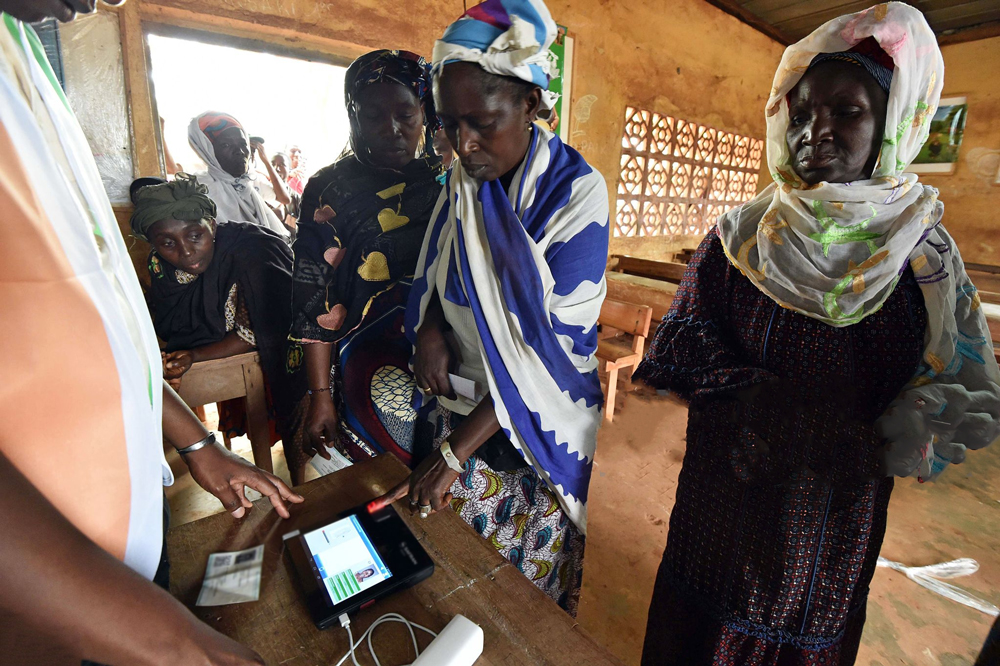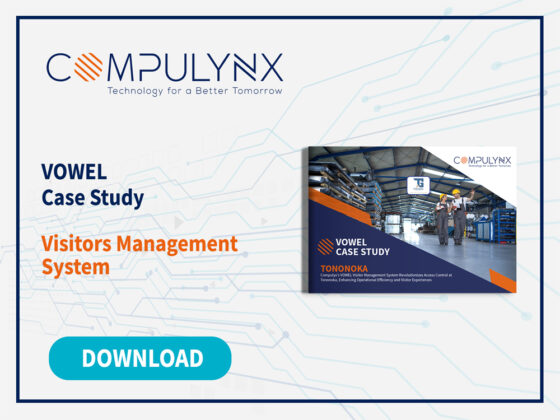Accountability of donor funds or Aid is the major pain points for donors, because they want to have an assurance that the intended objective achieved by channeling the aids to the right persons. In order to achieve this, they need data.
Beneficiary data collection by NGO’s to may be in two important spectrums one being in crisis management and another in development contexts.
Obtaining complete and accurate information during crisis outbreak is often difficult as some beneficiaries may not have identification cards or there is a lot of data to be collected which is neither classified nor verified. For Instance, when there is a fire outbreak and everything is burnt down, it can be difficult to ascertain the beneficiaries. Similarly, with much uncollated data available, it’s difficult to decide which kind of developmental program management is to be deployed, which are some of the pain points NGO’s go through.
Humanitarian agencies therefore, need solutions for automation and management of humanitarian aid distribution activities to effectively reach affected populations in emergencies. In a closed interview with Mr. Avijit Dasgupta Head of Digital Identity, deployment of Aid Disbursement Technologies such as COMPAS eBeneficiary Management Solution by CompuLynx, is essential to assist NGO’s manage easy and secure beneficiary identity.
Beneficiary registration is done using biometric enabled Mobile, POS devices where aid beneficiaries’ demographic details are captured e.g. Name, Age, ID number, location; combined with biometric data such as fingerprints, facial, voice or Iris. These details are then encoded in a smart card which has a chip inside where data is stored securely.
The use of Biometric and Smart card systems makes the system to be more secure during data collection.
Mr. Avijit adds that beneficiary data collection also helps in donor management where the system can manage different donors or groups in one or more interventions from a central location, for example, if the beneficiaries are getting commodities (Cash or Cashless) from donors such as USAID, World Bank, or UKIAD foundations among others.
Biometrics enhance the accuracy and integrity of development and humanitarian interventions by reducing fraud. It helps to eliminate ghost beneficiaries by giving only one single identity to beneficiaries. For instance, in the event that biometrics are not used in the registration of beneficiaries, there are higher chances of having duplicate data or erroneous data in your database because there is no way to authenticate whether the beneficiary really exist or not. In addition, some people can create a false identification card and claim benefits that do not belong to them. However, if you register using biometrics there will be no such cases because the ghost beneficiary are eliminated.
Another benefit of using Biometrics in data collection is that data is highly accurate, with very little chances, that aid would go to the wrong person and that gives the donor the assurance of where his/her aid is channeled.
Lastly, Beneficiary data collection reports has helped so much in making timely and informed decisions like keeping track on donations given out by donors, during disbursement in different programs, and location among others. . .
In conclusion, using aid disbursement technologies automates beneficiary data collection process offering NGO seamless connectivity to Aid beneficiaries by enabling easy digital data collection. In addition, the use of biometrics in registration gives beneficiaries one single identity ensuring the right assistant goes to the right person. Solutions such as eBeneficiary Management by CompuLynx enables humanitarian agencies to provide more personalized and helpful assistance even in remote areas with little or no connectivity, whilst bringing accountability in your entire aid distribution value chain.
By Carolyne Rabut
Content Marketing – CompuLynx




